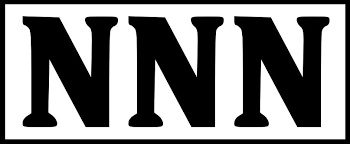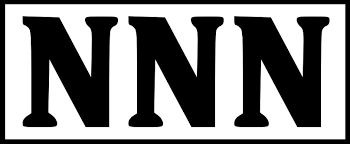OTTAWA, Canada — Canada’s Liberal Party don win fourth term consecutively as results show a major comeback despite being behind before the election. This fresh victory come on April 28, 2025, after the party faced big challenges including former Prime Minister Justin Trudeau‘s resignation and growing opposition from the Conservatives under Pierre Poilievre.
The preliminary results from federal elections indicated that the Liberals held 154 ridings while the Conservatives seized 142. The Liberals also led in 13 more ridings, pulling in approximately 7,870,893 votes, which is about 43.27% of the popular vote. Meanwhile, the Conservatives secured around 7,574,687 votes, amounting to 41.64%.
The winning candidate, Mark Carney, expressed gratitude, stating, “We will ensure that Quebec will continue to prosper in a strong Canada.” His leadership comes at a crucial time with significant changes in the political landscape in Quebec, as many ridings shifted toward the Liberals.
Notably, Laval—Les Îles saw the incumbent Fayçal El-Khoury re-elected with 26,633 votes, which translates to 49.16%. The Conservative candidate, Konstantinos Merakos, trailed behind with 17,603 votes (32.49%) while the Bloc Québécois’s Catherine Dansereau-Redhead came in third with 8,071 votes (14.90%). According to Elections Canada, 18,539 voters participated in advance voting for this constituency.
The election highlighted some significant patterns. The Bloc Québécois saw a notable decline in support, losing ground in ridings they previously held. The situation shifted dramatically in major areas of Montreal, where the Liberals gained uncontested support, particularly in formerly Bloc strongholds.
In addition to maintaining their seats, the Liberals made strategic gains in areas like La Prairie-Atateken and Longueuil-Saint-Hubert, where previously Bloc support was solid. El-Khoury expressed his excitement about the support from his constituents, stating, “I am honored and ready to serve the people of Laval—Les Îles once again.”
The Bloc Québécois managed to hold on to only 22 seats, representing a significant setback from their previous standing. Meanwhile, the New Democrats were only successful in securing five seats and advanced in two additional ridings.
As the dust settles on these elections, Canada finds its political landscape reshaped but remains to be seen whether the Liberals will govern with a majority or minority position. The next few weeks will be pivotal as party leaders position themselves in the House of Commons amidst growing public interest in legislative developments.
Do you have a news tip for NNN? Please email us at editor @ nnn.ng


